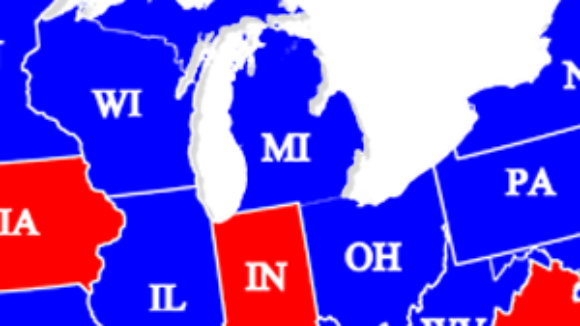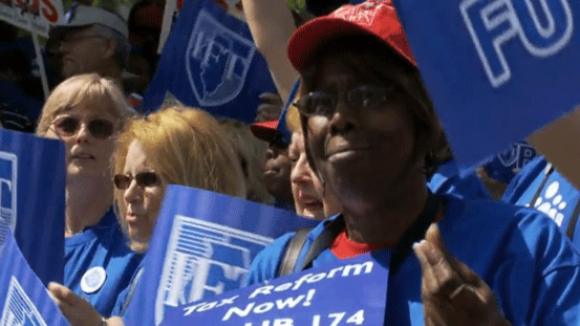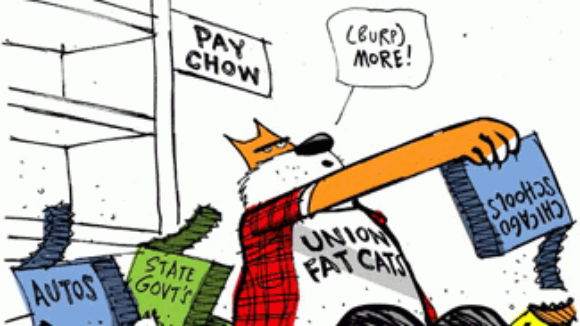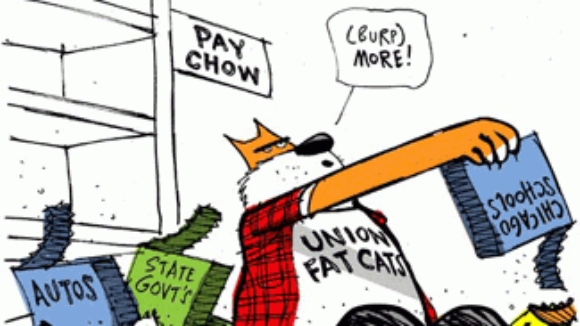Michigan's "Stunning" Move Toward Freedom
National political columnist Rich Lowry calls the developments in Michigan "stunning" while explaining how Indiana, since their enactment of a Right to Work law, has created 43,300 jobs while Michigan was losing jobs. It was the advent of an era of industrial unionization that may be coming to a symbolic end in the same place it started. Michigan is on the verge of passing the kind of “right to work” law that is anathema to unions everywhere and is associated with the red states of the Sun Belt, not the blue states of the Rust Belt. To say that such a development is stunning is almost an understatement. Michigan is to unionization what Florida is to sand, Texas is to oil, and Alaska is to grizzly bears. The union model hasn’t just been central to its economy, but to its very identity. Michigan was undergoing a real-world experiment in the merits of forced unionization versus right-to-work after neighboring Indiana adopted a right-to-work law earlier this year, the first Rust Belt state to do so. The early returns weren’t encouraging. Indiana added 43,300 jobs — 13,900 of them in manufacturing — while Michigan shed 7,300 jobs. Michigan governor Rick Snyder, a Republican reformer but not a bomb thrower, says seeing 90 companies from around the country decide to settle in Indiana after the labor change influenced his willingness to sign a bill doing the same thing.






